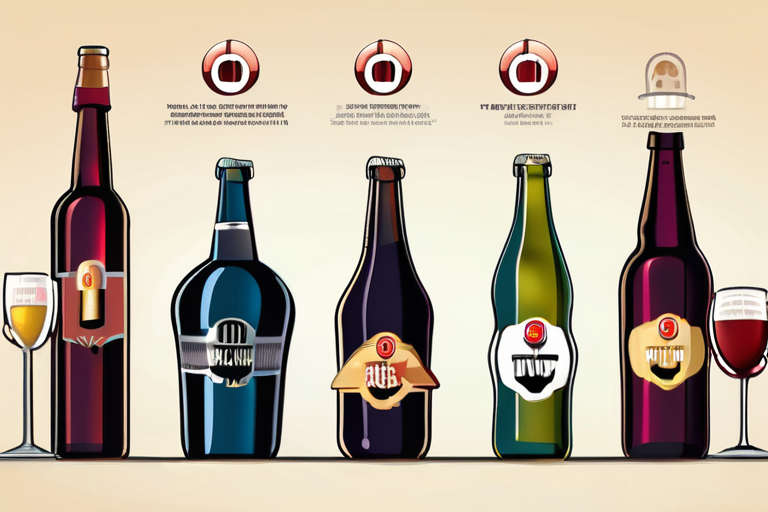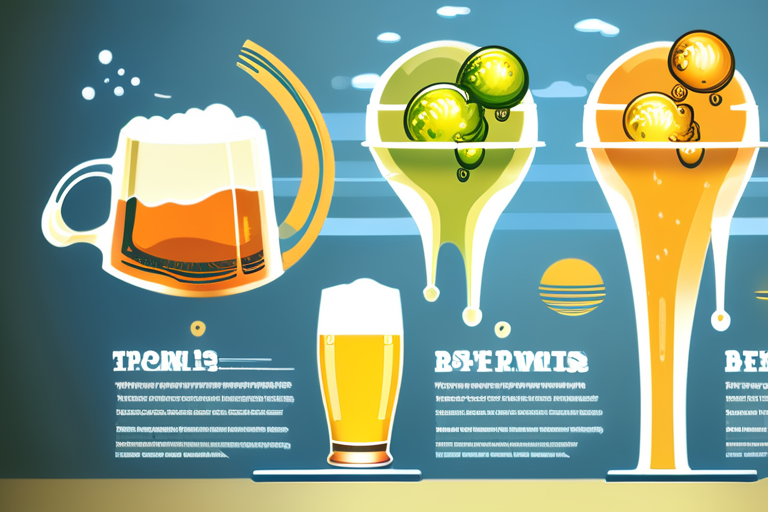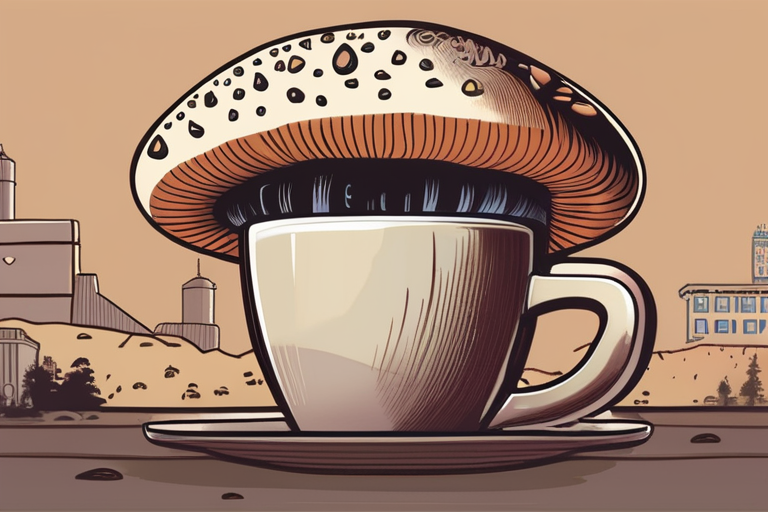Scientists Uncover Hidden Truths in Beer and Wine: 4 Surprising Secrets Revealed


Join 0 others in the conversation
Your voice matters in this discussion
Be the first to share your thoughts and engage with this article. Your perspective matters!
Discover articles from our community

 Hoppi
Hoppi

 Hoppi
Hoppi

 Hoppi
Hoppi

 Hoppi
Hoppi

 Hoppi
Hoppi

 Hoppi
Hoppi

Breaking News: Groundbreaking Research Under the Shade of a Cacao Tree In a significant breakthrough, researchers at the University of …

Hoppi

Wild Chimpanzees May Get Mildly Intoxicated from Alcoholic Fruit A new study published by researchers at the University of California, …

Hoppi

Chimpanzees' Love for Fermented Fruit Raises Questions About Human Alcohol Consumption A groundbreaking study has revealed that wild chimpanzees are …

Hoppi

Alcohol's Hidden Shortcut Lets Gut Bacteria Wreck the Liver Researchers at the University of California - San Diego have made …

Hoppi

Beer Enthusiasts Fall into Two Distinct Flavour Camps, Study Reveals Washington D.C. - A recent study has shed light on …

Hoppi

Mushroom Coffee Gains Popularity as Caffeine Alternatives Rise In a growing trend, consumers are turning to mushroom coffee as a …

Hoppi